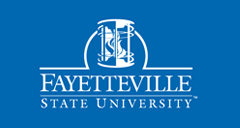Abstract
Type 1 Diabetes (T1D) is a complex disease that can be challenging to manage in the college environment. An effective communication strategy is vital to ensure that first-year students entering college with T1D take advantage of campus resources for self-management and self-advocacy. This qualitative study examined the perceptions of academic healthcare professionals regarding the availability and gaps in services for students with T1D at higher education institutions. Using a phenomenological approach, semi-structured interview questions were posed to 17 service providers employed in health and wellness (n=9), nursing (n=4), and student support services (n=4) at 4-year universities. The findings revealed three recurring themes cited by respondents as best practices: a) seamless developments and reformations; b) a culture of support, inclusion, and engagement; and c) collaborative interdisciplinary communication. Creating online systems for use by students with T1D and college-based healthcare providers could provide a more seamless approach to identifying and following these individuals during the transition from high school to college and empower students to manage their disease and communicate with their support network when needed.
Recommended Citation
Highsmith, Carol Newton
(2025)
"Creating Seamless Transitions to Manage Type 1 Diabetes in Emerging Adult College Students,"
Journal of Research Initiatives: Vol. 8:
Iss.
5, Article 5.
Available at:
https://digitalcommons.uncfsu.edu/jri/vol8/iss5/5
